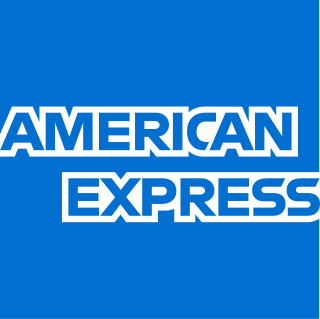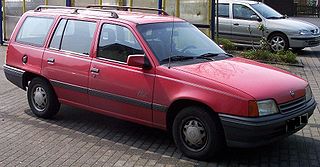Optima is a typeface.
Contents
Optima may also refer to:
Optima is a typeface.
Optima may also refer to:
Opus is a Latin word meaning "work". Italian equivalents are opera (singular) and opere (pl.).

Kia Corporation, commonly known as Kia, is a South Korean multinational automobile manufacturer headquartered in Seoul, South Korea. It is South Korea's second largest automobile manufacturer, after its parent company, Hyundai Motor Company, with sales of over 2.8 million vehicles in 2019. As of 2015, the Kia Corporation is minority owned by Hyundai, which holds a 33.88% stake valued at just over US$6 billion. Kia in turn is a minority owner of more than twenty Hyundai subsidiaries ranging from 4.9% up to 45.37%, totaling more than US$8.3 billion.

Table grapes are grapes intended for consumption while fresh, as opposed to grapes grown for wine production, juice production, or for drying into raisins.
K5, K05 or K-5 may be:
Challenger, Challengers, or The Challengers may refer to:

American Express Company (Amex) is an American multinational financial services corporation that specializes in payment cards. Headquartered in New York City, it is one of the most valuable companies in the world and one of the 30 components of the Dow Jones Industrial Average. The company's logo, adopted in 1958, is a gladiator or centurion, whose image appears on the company's well-known traveler's cheques, charge cards, and credit cards. It is based in the American Express Tower, located in the Battery Park City neighborhood of Lower Manhattan, where it maintains its corporate offices. The company is the largest provider of traveler's cheques worldwide.
Lemon is both a tree and the fruit borne by that tree.
An ace is a playing card.
Swift or SWIFT most commonly refers to:

Mondex was a smart card electronic cash system, implemented as a stored-value card, with e-wallets and owned by Mastercard.

The Kia K5, formerly known as the Kia Optima, is a mid-size car manufactured by Kia since 2000 and marketed globally through various nameplates. First generation cars were mostly marketed as the Optima, although the Kia Magentis name was used in Europe and Canada when sales began there in 2002. For the second-generation models, Kia used the Kia Lotze and Kia K5 name for the South Korean market, and the Magentis name globally, except in the United States, Canada, Malaysia and the Middle East, where the Optima name was retained until the 2021 model year. The K5 name is used for all markets since the introduction of the fifth generation in 2019.
Breeze often refers to:
5 is a number, numeral, and glyph.
A bluebird is one of several species in the songbird genus Sialia.
7 is a number, numeral, and glyph.
Kyosho Corporation is a Japanese company based in Tokyo, which operates internationally under the name KYOSHO. The company's main office is located in Chiyoda, and the production headquarters are located in Atsugi, Kanagawa.
President most commonly refers to:
Beast most often refers to:

Passport International Automobiles (PIA) was a Canadian car dealership network owned by General Motors. It sold vehicles from Isuzu and Saab as well as its own branded Passport Optima, a Korean (Daewoo) made badge engineered Opel Kadett E, starting in model year 1988. General Motors' Geo import brand was introduced in the United States at about the same time. Sales began in mid-1987, originally only in major metropolitan areas. Only 83 I-Marks and Optimas were sold in 1987.

General Motors reused the T-body designation, beginning in 1979 with the front-wheel drive Opel Kadett D and the Vauxhall Astra Mk I. This was part of a global strategy by GM to introduce a new front-wheel drive architecture for its sub-compact models, and would be further developed into the J-body platform which would cover the compact size segment.